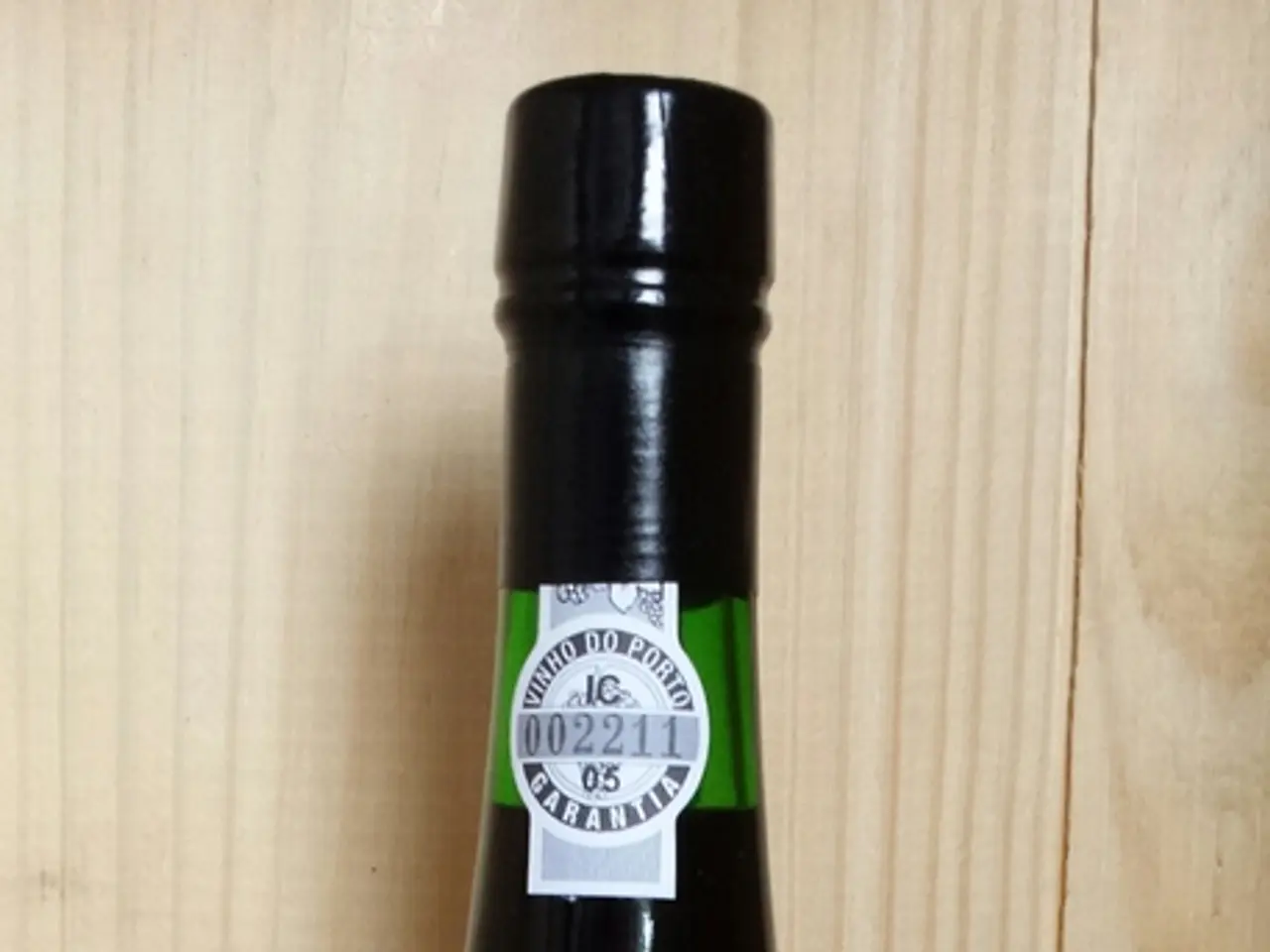Event at Cannafair 2025: Niclas Ehrenberg of Animal Protection Düsseldorf engages with exhibiters, activists, and professionals
In the vibrant city of Düsseldorf, the controversial topic of cannabis legalization has been a subject of ongoing debate, with the recent recreational use legalization taking effect on April 1, 2024. However, the city's approach to driving under the influence of cannabis has been marked by caution and clear regulations.
Over the weekend, the "Cannafair 2025" event took place in Düsseldorf, serving as a platform for discussions on various aspects of cannabis. Among the attendees were Torsten Lemmer, the top candidate for the Animal Welfare Party in Düsseldorf, and Niclas Ehrenberg, a local animal welfare candidate. Both individuals expressed opinions on cannabis legalization and showed interest in human challenges related to cannabis, as well as animal welfare issues.
Ehrenberg engaged in discussions with exhibitors, activists, and experts, focusing particularly on the topic of drug-impaired driving. Lemmer, too, shared his views on cannabis legalization, emphasising that animal welfare in Düsseldorf encompasses all challenges, including those related to cannabis.
The Health and Social Affairs Committee in Düsseldorf has acknowledged the controversy surrounding cannabis legalization. The committee's focus on this issue underscores the importance of addressing the potential impacts of cannabis legalization on the city's residents and visitors.
As cannabis legalization is still a relatively new development, ongoing debates and studies on impairment and tolerance exist. Research suggests that regular cannabis users may develop tolerance to psychomotor impairment, which could potentially affect driving ability. However, the German government has implemented strict legal limits to ensure road safety.
In Düsseldorf, as in the rest of Germany, the limits for alcohol and cannabis while driving are well-defined. A legal THC blood serum threshold of 3.5 ng/ml applies, meaning drivers must not exceed this THC level while driving. There is also a ban on cannabis use for novice drivers, regardless of THC levels, and mixed consumption (cannabis combined with alcohol or other substances) while driving is prohibited.
These regulations reflect Germany's cautious approach to cannabis-impaired driving, with clear limits designed to avoid impairment on the road. As of August 2025, no specific local (Düsseldorf) rules differing from the national framework have been reported. The Cannabis Act applies uniformly across Germany, including Düsseldorf.
In conclusion, while cannabis possession and use are legal in Düsseldorf per Germany’s nationwide law, driving under the influence is controlled via a 3.5 ng/ml THC blood limit, a ban on novice users driving after consumption, and prohibitions on mixing substances. These rules aim to strike a balance between legalization and traffic safety. The topic of cannabis will continue to be a topic of discussion in Düsseldorf in the coming years, as the city navigates the evolving landscape of cannabis legalization and its implications.





